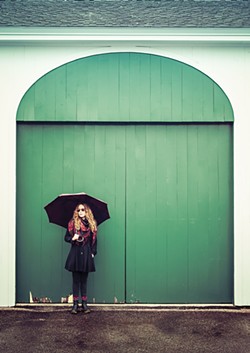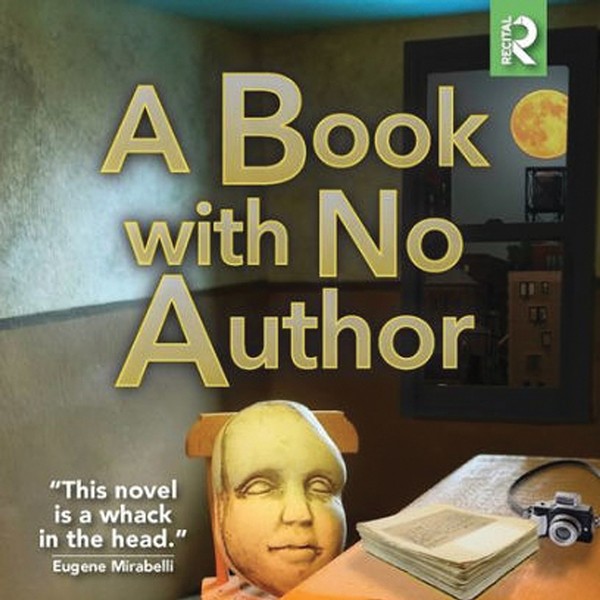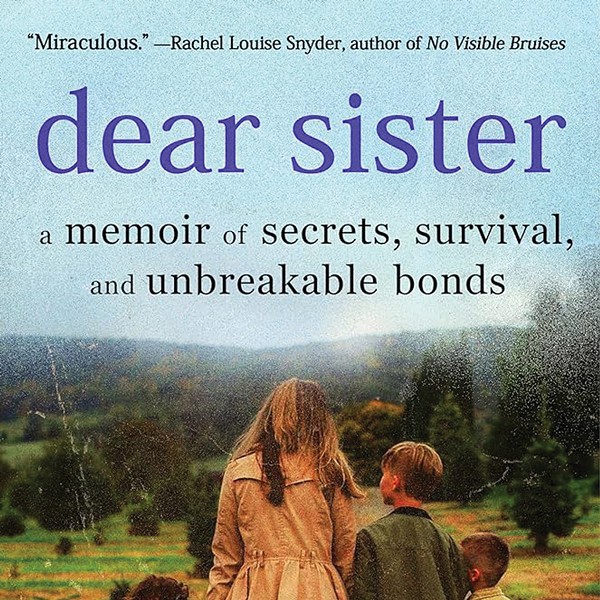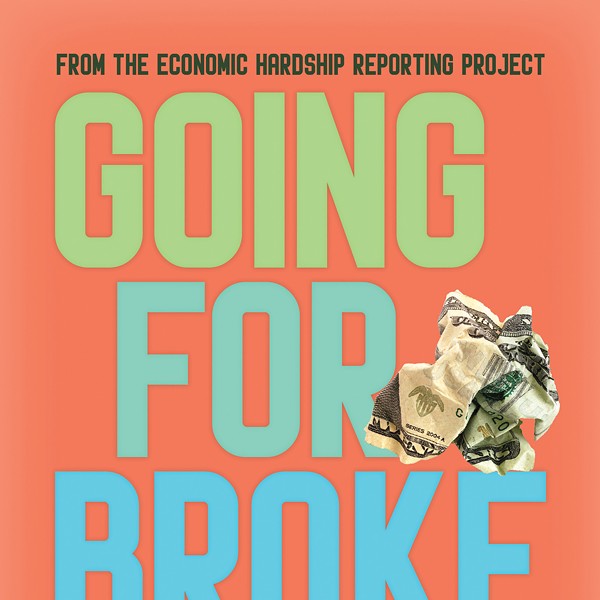Chloe Caldwell refers to her latest book of essays, I'll Tell You in Person (Coffee House Press, 2016), by its anagram, ITYIP. The letters could just as easily stand for someone's drunk-texted (and slightly misspelled) shout-out for this book: It, Yep! Which makes sense, given Caldwell's snappy, all-embracing, tough-fragile, Wow, really? take on the world.
The collection is her second. The first, Legs Get Led Astray (Future Tense Books, 2011), came out when she was 26. ITYIP includes a dozen essays. The prologue-ian "In Real Life" sparks out this glistening, angry-vulnerable phrase to get the reader's motor going: "So fuck you, Miki Howard." (Caldwell discovered a personal essay by the relatively unknown writer Miki Howard in a small-press anthology when she was 19. She refers to it as an aha! moment. "I realized it was what I wanted to do," Caldwell says.)
Often, if an essayist writes of her own disasters and vulnerabilities and curses, she's labeled edgy, and I suppose Caldwell is, but not for effect. She's just irrepressible. Knitting together the flotsam and jetsam of modern life—frenemies, family, sex, celebrity (Lena Dunham, hilariously), yearning, solitude, bad behavior—she writes with caffeinated hindsight, always aiming for the heck-yeah truth.
Perhaps by staying self-taught, Caldwell found the license to write refreshingly unfiltered prose. Over a few days we discussed work, music (present faves include Elvis Perkins and Stephin Merritt), volunteering (she helps out at the Promise, a Hudson afterschool center), and our abiding love for the great spoken-word-goddess-turned-novelist Maggie Estep (we both refuse to weigh down Estep's ever-presence with the words "the late"). If Caldwell belongs in any school, it might be the Estepian one, where everything happens for a reason even when it doesn't, and life feels like a stumble through the dark until you realize everything's glowing—if you're awake enough to notice. Caldwell is.
So, fearlessness: Some people worry about publishing personal essays because someone might get mad. In your case, fear seems to give you more momentum.
I worry about it all the time. But I began publishing personal work in my early 20s, and it turned into my livelihood, both financially and emotionally. It's a blessing and a curse. Fact is, I was aimless and lost until I began writing, so it's helped me create a grounded life.
I do think women writers are asked more about how writing personal nonfiction affects their relationships more than male writers. I recently wrote an essay speaking to this, "What I Think about the Fact that You Keep Asking Me What My Family Thinks of My Writing," in the online lit journal Catapult.
You're plenty candid, but in a nice way. It's not a bridge-burning approach.
My writing has made me closer with family and friends—none of my relationships have been ruined because of it. I think that's because I'm not writing about what assholes people are—I throw myself under the bus just as much, if not more, than others, and I write from a genuine place of love. But growing up my home was filled with memoirs, so I never thought it was out of the ordinary to write about your life.
When you're writing, what's your state of mind? If you don't mind my asking, what's your schedule, if any? Asking for a friend.
I'm super focused. I'm good with tunnel vision. I teach for a living, online and in New York City, so I have to juggle my students' work with my own. I'll get up around 8:30 am, make a hot drink, go to my desk, and let myself work on my own stuff (a book, a freelance essay, interview, etc.) Around 11, I switch to my students' work. That way I've gotten my own shit out of the way and there's no resentment toward the classes I teach. I work until late afternoon, then shower and do real-world errands and such.
Are you really afraid of dogs? You have that line from "In Real Life": "I displaced my enormous anxiety onto dogs." But you also write about being in the car with Mickey, Maggie Estep's sweet pal. So am I wrong?
What a super observation. You are not wrong—even though I've dog-sat many times for various families, I am closet-ly afraid of them. But it's not a crippling fear, so if I dog-sit I don't tell the family. The local writer Elisa Albert once told me that a therapist told her that people afraid of dogs are afraid of unpredictable anger. Isn't everyone afraid of unpredictable anger, though? Anyway, I'm currently working on a piece about my dog conflict. I think it's interesting how it's becoming "cool" to say you dislike babies, cats, marriage, but being afraid of dogs is uncool. I don't remember if I told Maggie I was afraid of Mickey or not. I wanted her to love me, so I probably hid it. I think she would find that very funny.


















